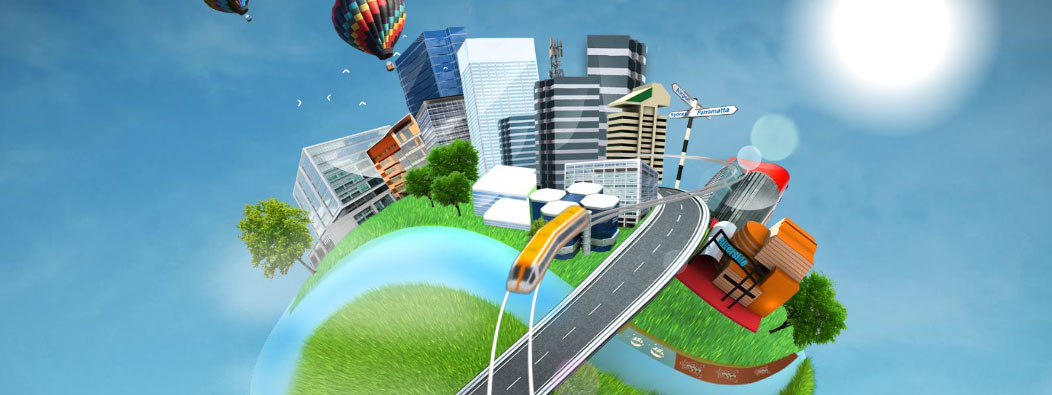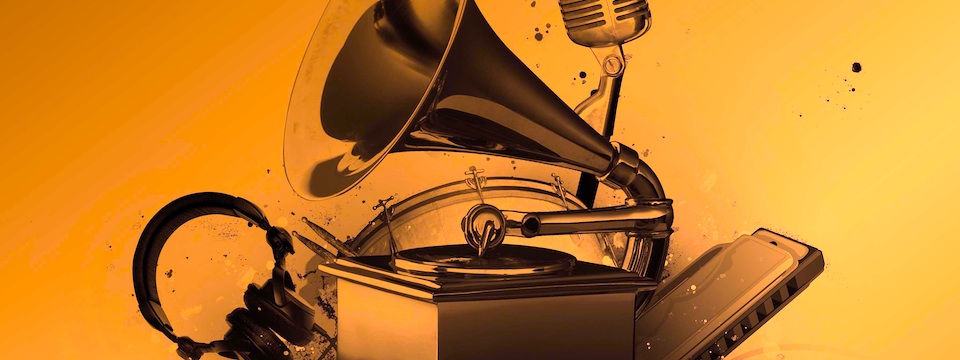Perhaps you are on the cutting edge of technological innovation, are already harnessing the awesome syndicating power of RSS, and recognize it for what it is: a snapshot of what the web will become in the next few years.
But if you’re confused about what the heck RSS even IS (much less pondering its future ramifications), this post is for you.
Now, I’m pretty nerdy. I get some serious jollies from techno-dorky articles, read blogs like Engadget fairly regularly, and sleep with my iPhone under my pillow so I can feel connected to the world (just kidding on that last one… most nights). But honestly — can anything with the word SIMPLE in its title (RSS stands for Really Simple Syndication) be MORE confusing than RSS?
Even with my techie proclivities, RSS was confusing at first. I’ve searched all over the web trying to find an article that will clearly explain what it is — and more importantly, how the heck to use it productively. Trust me: everything out there sucks. (OK, I didn’t read them ALL, but whatever.) So I decided it’s time for me to give it a shot. Hopefully my explanation will suck less than the others.
+++
RSS INFO STARTS HERE
At its core, the idea of RSS is somewhat simple. All it IS is a single page called a “feed” that compiles and lists new articles that are posted to a specific site. That’s it: one page that will list the new stuff that is put on a site.
A blog is the probably the best example. The reason people visit blogs repeatedly is to see new content. Most blogs have RSS feeds because they are updated regularly.
Or take a news site like CNN.com for example. They currently offer two different RSS “feeds:” one for Top Stories and one for Recent Stories. Remember: feed is the word typically used to describe that singular page that is continually updated. Each feed page will typically list the 10-20 most recently written articles.
With me so far??
The “feed” is crucial because it is the piece that will actually make RSS helpful.
+++
SUMMARY SO FAR
So… so far we have a page that is updated by whomever is authoring the webpage. That page is called a feed, and is essentially what people are talking about when they say “RSS.” But the other piece to this equation, that is sadly much less often discussed, is how the heck we make it USEFUL and/or why we should CARE about it!
+++
WHY YOU SHOULD CARE
I don’t know if you feel this way, but one of my biggest challenges is staying updated with what’s happening around the world while at the same time not being utterly overwhelmed by the staggering amount of information that’s out there. Frankly, I don’t even remotely care about all of the news out there, but there are some things (for me it’s things like technology, entertainment, and economics) that I want to make sure I’m current with.
This is where RSS actually makes my life easier.
What you can do is take one of those RSS feed pages and “subscribe” to it.
The benefit of subscribing to an RSS feed is that the news you want comes to you. You don’t have to go looking for it, explore a bunch of different sites, or waste a bunch of time.
+++
HOW TO SUBSCRIBE
In order to subscribe, the first thing you need to know is how to recognize if a website is providing an RSS feed. If the site you’re on provides RSS, up in your URL bar (where the website address is) you’ll see an icon on the far right side that will probably look like one of these:
![]()
If it’s got one of these (or something similar), you’re in business! They’re providing an RSS feed and you can subscribe. (As you should be able to see, this blog site provides an RSS feed.)
To subscribe, though, you need something that will “read” the feed. It’s just like you need an Internet Explorer, Safari, or Firefox browser to “read” a website. Make sense? You could most likely use that same browser to read an RSS feed, but you’re not really gaining much, as you still have to go to each site and you’ll just be looking at a more boring version of the articles. (This will probably make more sense if you click on a few of the feed links I provided above.) RSS feeds aren’t pretty, and they aren’t meant to be a substitute for a webpage; they’re actually built to be subscribed to! Remember, the trick is to make the news COME TO YOU.
So the question, then, is what should I use to “read” these feeds, right?
There are a few “online” readers — Google and Yahoo both have them built into their account services. These would probably be useful if you have a Gmail or a MyYahoo account. But for the rest of us — particularly if you use Outlook or Apple Mail — I would suggest just using your email program as a reader!
This is where it gets a bit tricky, as there isn’t one way to subscribe to an RSS feed; it varies by browser and by email program. If you’re using IE7 and Outlook 2007, this page looks like it would be helpful.
If you’re using Safari, just click on the RSS button in the right side of URL bar. (If it shows options, pick one and see if it lists the things you want. If it doesn’t, try the others.) This opens the feed, and at the bottom of the menu list on the right you’ll see an option that says: “Subscribe in Mail.” Click it. It’s that easy!
The major benefit of using your email program as your reader is that not only do you get the benefits of RSS and the latest updated news will come straight to you, but If you’re like me, you have your email open ALL THE TIME anyway! This way, if one of your news sources updates a feed, you’ll get the new article right away, just like a new email!
+++
BLOGS
As mentioned, most blogs have an RSS feature built in, as well. For example, you can feel free to subscribe to my blog, if you like. Click here for my feed (or click the RSS icon above).
+++
THE FUTURE
RSS offers us a glimpse into the future of the internet — technology like this gives us a way to manage something as vast and completely unmanageable as the internet (which is, of course, growing more gorged with every second that passes as people add more content to its servers). I’m convinced that we will see more and more applications like this as we are forced to find ways to make SENSE of the petabytes of information that will bombard us.
We’re probably not as far from this as we think:
So, enjoy RSS for what is is.
Because soon it will be scanning your retina. ;-)
//



0 Comments
m
so, is it possible to add an RSS feed to my voxtropolis? or will i need to shift over to something more mainstream, say for example, blogger?
-m
josh Allan
Looks like your VOX has one! I’m subscribed!
m
i feel really smart now…….
=]
-m